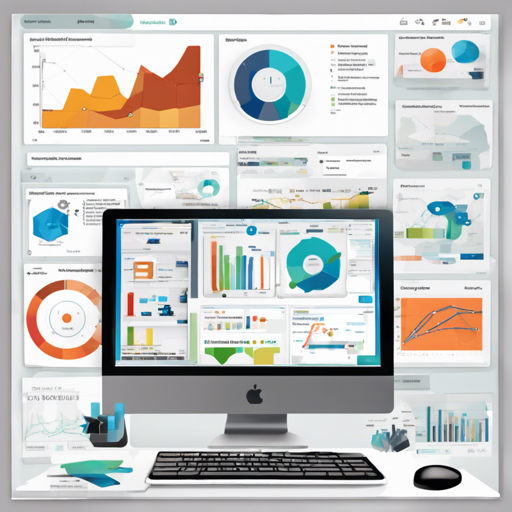Welcome to your go-to guide on setting up and configuring the Apinto Dashboard! This article will navigate you through the installation process, as well as offer troubleshooting tips for common issues. Let’s get started!
Step 1: Get the Apinto Dashboard
To start, you need to download the Apinto Dashboard. You can obtain the latest version from their official GitHub releases page.
- Use the following command to download version 3.0.1:
wget https://github.com/eolinker/apinto-dashboard/releases/download/v3.0.1/apserver_v3.0.1_linux_amd64.tar.gztar -zxvf apserver_v3.0.1_linux_amd64.tar.gzStep 2: Configure the Apinto Dashboard
Next, you need to modify the configuration file config.yml to set your database credentials and other relevant details like this:
mysql:
user_name: root
password: 123456
ip: 127.0.0.1
port: 3306
db: apinto
This section in the config file establishes a connection to your MySQL database, a vital part of the Apinto Dashboard’s functioning.
Step 3: Running Your Services with Docker
Now, to actually deploy the dashboard quickly, we’ll leverage Docker. Imagine Docker as a shipping container system for software applications, allowing you to easily bundle everything your application needs to run inside a package.
Here’s how you set it up:
- Create a Docker network:
docker network create --driver bridge --subnet=172.100.0.0/24 --gateway=172.100.0.1 apintodocker run -dt --name apinto_mysql -p 33306:3306 -e MYSQL_ROOT_PASSWORD=123456 -e MYSQL_DATABASE=apinto mysql:5.7.34docker run -dt --name redis_cluster -e REDIS_PWD=123456 --restart=always eolinkercluster-redis:6.2.7docker run -dt --name apinto-dashboard --restart=always -p 18080:8080 --network=apinto -e MYSQL_PWD=123456 -e REDIS_PWD=123456 eolinkerapinto-dashboardStep 4: Accessing Your Dashboard
With everything running, open your browser and navigate to http://localhost:18080. Here, you should see the Apinto Dashboard interface! Use the credentials admin:12345678 to log in.
Troubleshooting Tips
If you encounter issues during the setup, here are some troubleshooting ideas:
- Check if Docker is installed and running correctly.
- Ensure all environment variables in the
docker runcommands are correctly set. - If you cannot access the dashboard, ensure that the ports are not blocked by a firewall.
- For any persistent issues, don’t hesitate to reach out for support.
For more insights, updates, or to collaborate on AI development projects, stay connected with **fxis.ai**.
At **fxis.ai**, we believe that such advancements are crucial for the future of AI, as they enable more comprehensive and effective solutions. Our team is continually exploring new methodologies to push the envelope in artificial intelligence, ensuring that our clients benefit from the latest technological innovations.

